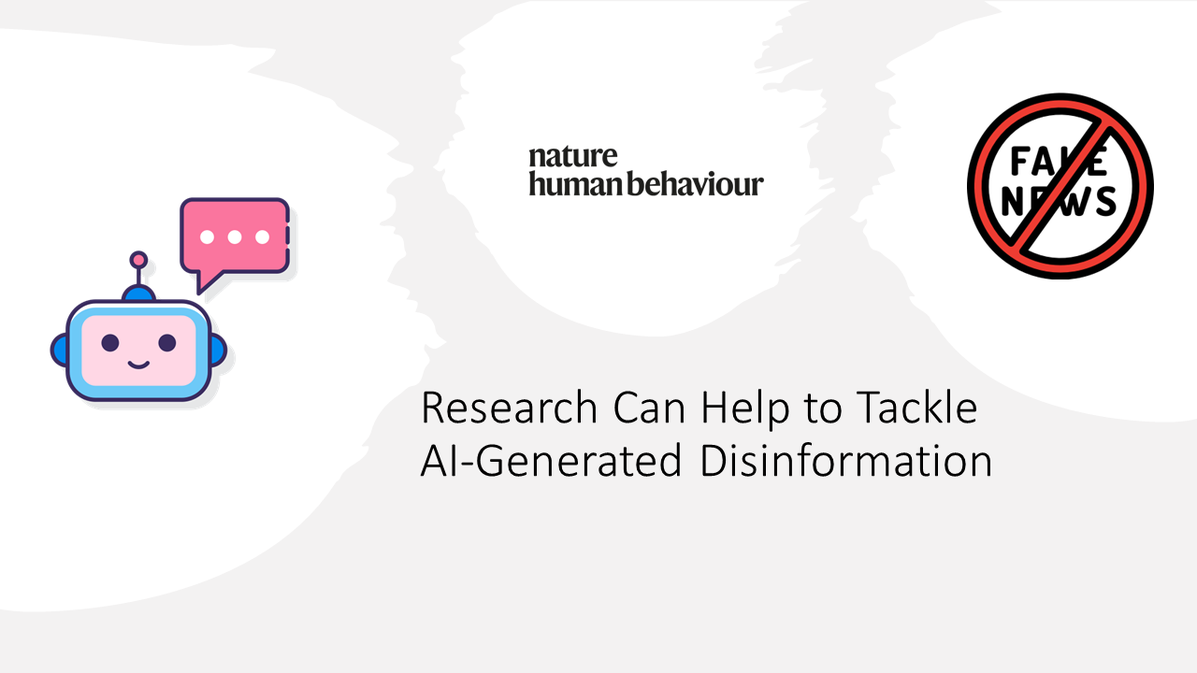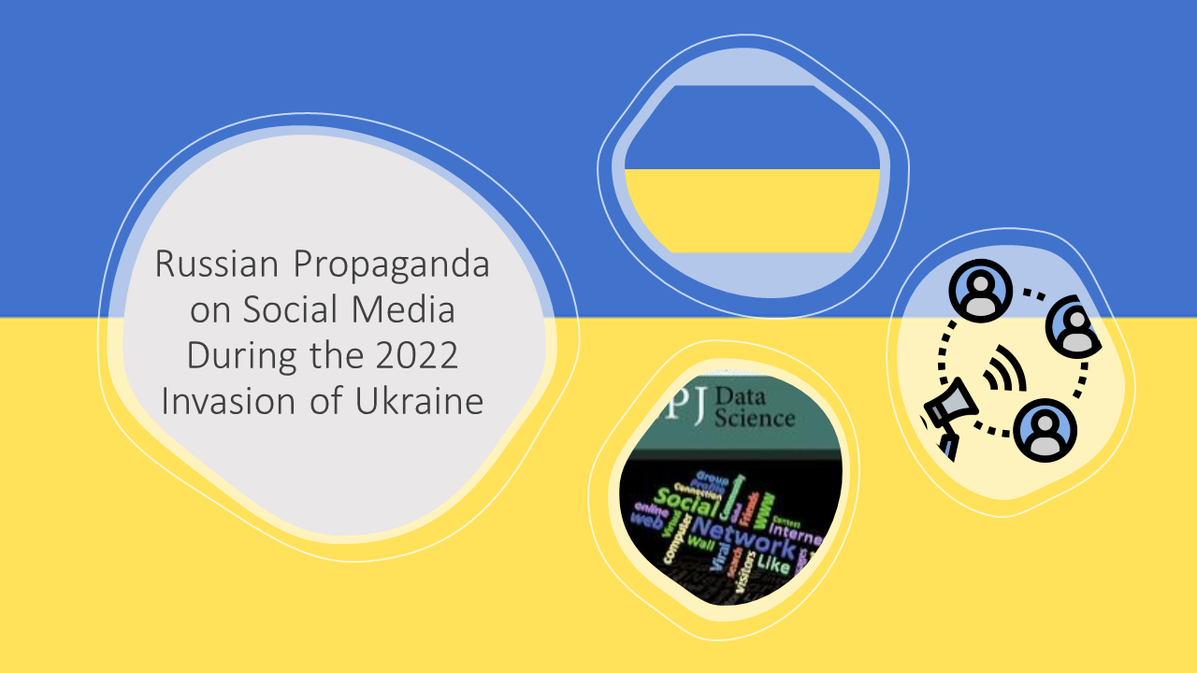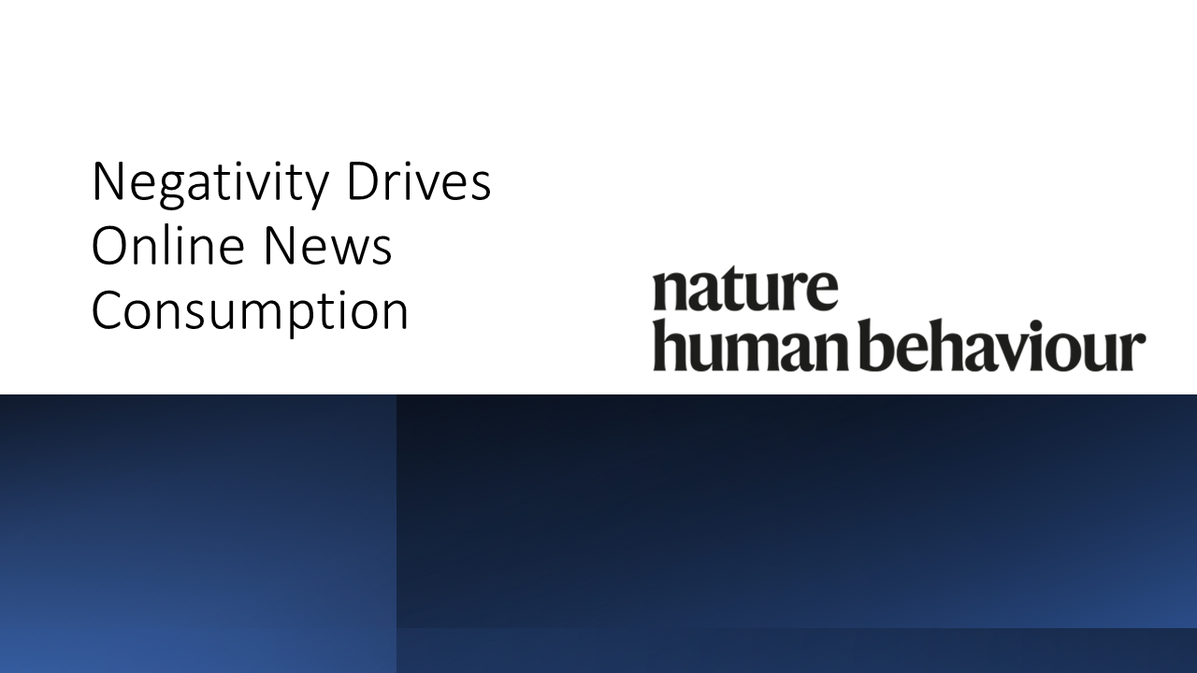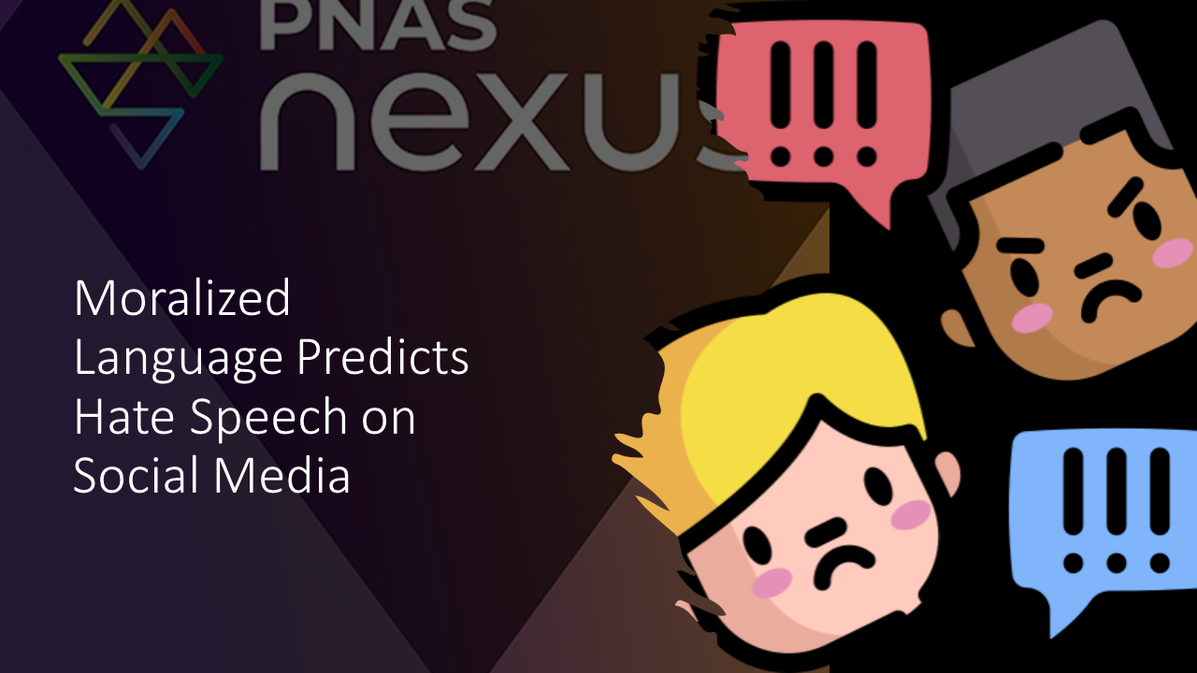Professur für Data Science & Digitalisierung
- News
-
BWL XI: Paper in EJORA new research paper has been accepted for publication in the European Journal of Operational Research (EJOR; VHB: A). In our study, we develop, train, and evaluate a tailored, fused large language model to predict startup success.
-
BWL XI: Text Mining Course in Winter Semester 24/25In winter semester 24/25, we offer the course "Text Mining" for master's students. The number of participants is limited to a maximum number of 24 students. The deadline for applications is October 1, 2024.
-
BWL XI: Interview mit der FAZGegen Misinformation und Fake News in sozialen Medien sollen Faktenchecks helfen. Aber funktionieren sie? Darüber — und warum Warnhinweise alleine nicht ausreichend sind — haben wir anlässlich unserer neuen Studie mit der Frankfurter Allgemeine Zeitung gesprochen.
-
BWL XI: Best Poster Award at WebSci '24Our paper "Community notes increase trust in fact-checking on social media" has won the "Best Poster Award" at ACM WebSci '24.
-
BWL XI: Paper accepted in PNAS NexusA new research paper has been accepted for publication in PNAS Nexus. Based on a preregistered survey experiment, our work demonstrates that context matters in fact-checking on social media and that community notes might be an effective approach to mitigate trust issues with simple misinformation flags.
-
BWL XI: Two posters accepted at WebSciTwo papers have been accepted for poster presentation at the ACM Web Science Conference (WebSci 24).
-
BWL XI: New paper accepted at CSCWA new research paper with researchers from the University of Luxembourg has been accepted for publication in the Proceedings of the ACM on Human-Computer Interaction (CSCW '24). In this study, we perform a large-scale empirical study to analyze whether the introduction of the Community Notes feature has reduced engagement with misinformation on X/Twitter.
-
BWL XI: Paper accepted at WWWA new study has been accepted for publication as a short paper at The Web Conference (WWW). The paper empirically analyzes 156 million "Statements of Reasons" from the DSA Transparency Database to shed light on content moderation decisions of social media platforms in the EU.
-
BWL XI: Two papers accepted at CSCWTwo new research papers have been accepted for publication in the Proceedings of the ACM on Human-Computer Interaction (CSCW '24). CSCW is a premier publication outlet in data science with a low acceptance rate (CORE Ranking A).
- Ansprechpartner
-
- Featured Research: Community Notes Increase Trust in Fact-Checking on Social Media
-

Social media providers have been called upon to develop effective countermeasures to combat the spread of misinformation on their platforms. However, a large proportion of users distrust professional fact-checkers and the stance on fact-checking is increasingly becoming a partisan issue. In this study, we demonstrate that community-based fact-checking systems (e.g. X’s Community Notes) that focus on providing fact-checking context have the potential to mitigate trust issues that are common in traditional approaches to fact-checking on social media. Fostering trust in fact-checking is vitally important, especially as we face emerging challenges due to AI-generated misinformation.
- Research paper at PNAS Nexus (open access)
- Interview with FAZ
- Featured Research: Negativity Drives Online News Consumption
-

Online media is important for society in informing and shaping opinions, hence raising the question of what drives online news consumption. Here, we analyze the causal effect of negative and emotional words on news consumption using a large online dataset of viral news stories. Specifically, we conducted our analyses using a series of randomized controlled trials (N = 22,743). Our dataset comprises ∼105,000 different variations of news stories from Upworthy.com that generated ∼5.7 million clicks across more than 370 million overall impressions. Although positive words were slightly more prevalent than negative words, we found that negative words in news headlines increased consumption rates (and positive words decreased consumption rates). For a headline of average length, each additional negative word increased the click-through rate by 2.3% Our results contribute to a better understanding of why users engage with online media.
- Research paper at Nature Human Behaviour
- Media coverage (selection): ARD, FAZ, Heise, Deutschlandfunk, ORF, Psychology Today, The Atlantic





